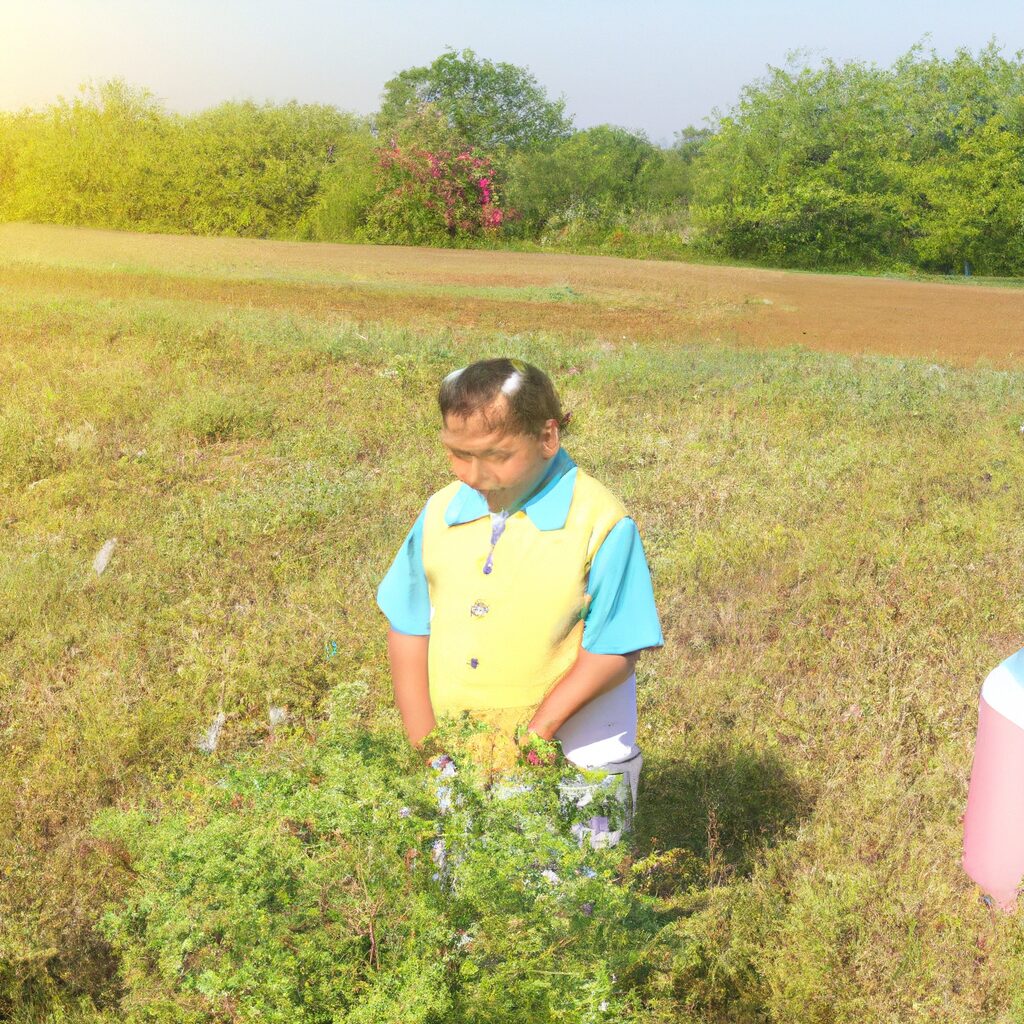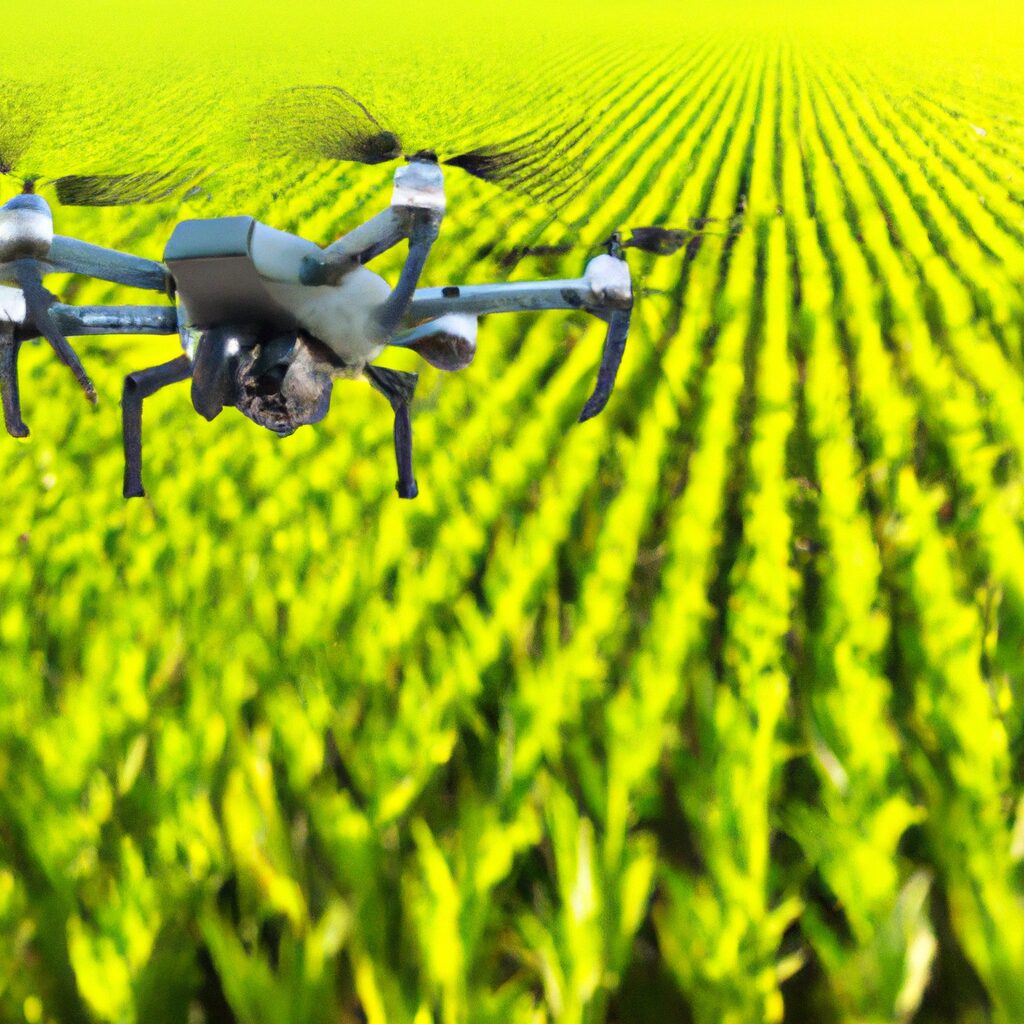Transforming Agriculture: AI-Driven Pest Control Management Case Study
- March 4, 2025
- Posted by: Mai - CF Brand Ambassador
- Category: Daily Case Studies
Introduction
In recent years, the agricultural sector has faced increasing challenges due to pest infestations, which can significantly reduce crop yields and quality. Traditional methods of pest control have often been inefficient and environmentally unfriendly, leading to a growing need for more effective and sustainable solutions. This case study explores the implementation of Artificial Intelligence (AI) in pest control management within agriculture, highlighting a revolutionary approach that combines technology and ecological considerations.
The Challenge
Farmers across the globe have been battling pest infestations using traditional methods such as chemical pesticides and manual monitoring techniques. These methods not only demand substantial labor and resources but also pose serious environmental and health risks. Moreover, the effectiveness of such approaches can be inconsistent, with pests developing resistance over time. The main challenge was to find a solution that could effectively monitor and control pest populations in a sustainable and less labor-intensive manner.

The Solution
To address these challenges, a comprehensive AI-driven solution was implemented. This system utilizes advanced machine learning algorithms and drone technology to monitor crop fields. The AI analyzes images captured by drones to identify pest-infested areas accurately and predict potential outbreaks. Key technologies used include:
– Computer Vision: For real-time pest detection and monitoring.
– Predictive Analytics: To forecast pest population dynamics based on historical data and weather conditions.
– Automated Drones: For efficient and targeted application of biological pest control agents.
By integrating these technologies, the system not only detects and manages pests more effectively but also helps in reducing the use of chemical pesticides, promoting a more environmentally friendly approach.
The Results
The adoption of this AI-driven pest control system has led to remarkable improvements in pest management and crop health. Specific results include:
– Reduction in Pest Infestation: Up to 50% decrease in common pest occurrences.
– Decrease in Pesticide Use: Chemical pesticide usage dropped by 40%, thanks to targeted biological control.
– Cost Efficiency: Overall pest control costs were reduced by 30% due to decreased labor and resource needs.
– Improved Crop Yield and Quality: Enhanced monitoring and timely intervention led to a 20% increase in crop yield and improved quality.

Key Takeaways
This case study demonstrates the potential of AI in transforming traditional agricultural practices, particularly in pest control. The integration of AI not only enhances efficiency and effectiveness but also supports sustainable agricultural practices. This approach can be adapted and scaled to various agricultural settings, paving the way for broader adoption and innovation in the sector.
Call to Action
For those interested in exploring AI solutions in agriculture or other industries, please connect with us to learn more about how AI can be tailored to meet specific operational needs and challenges.
Critical Future has experience in this type of AI and can be contacted at
info@criticalfuture.co.uk.
